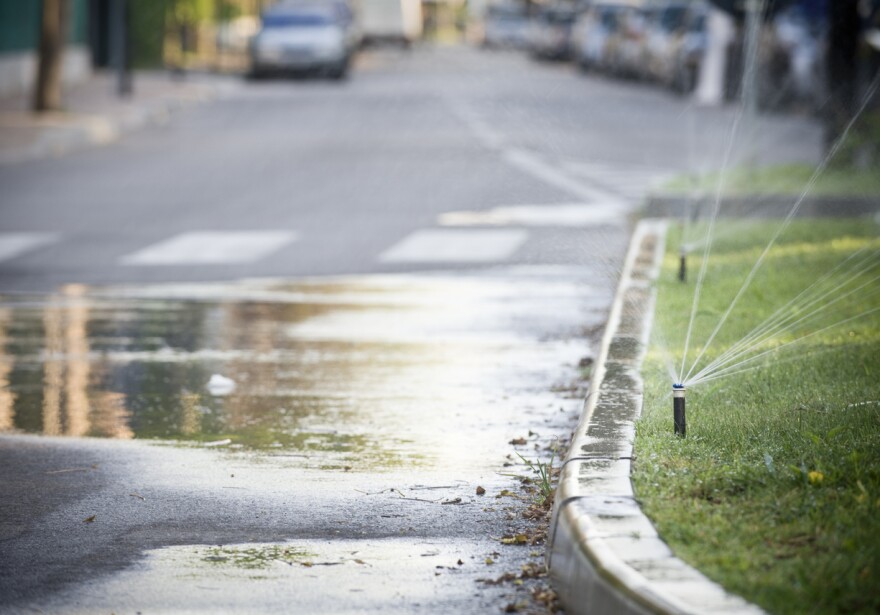Utah’s Hall of Fame and Shame system for telling on people who are wasting water — and highlighting conservation — is getting a lot of use.
It's been around since 2017, but more than 80% of the complaints received have happened this year, according to data from the Utah Division of Water Resources.
In 2020, there were only 164 reports to the Hall of Shame. This year that shot up to 4,835, the vast majority of which came after Gov. Spencer Cox’s third drought executive order in June. There have only been 138 Hall of Fame reports since 2017.
Candice Hasenyager, DWR deputy director, said increased reporting is a sign people are becoming aware of how serious the drought is. Over 98% of the state is experiencing extreme drought conditions.
“You can visually see it driving around,” Hasenyager said. “If you look for yellow lawns, you're seeing more of them than in a typical year. But I think there's also some folks who probably could do more.”
She said the most common reports they’re receiving are of daytime or inefficient watering, such as a broken sprinkler head or spraying the pavement. Her agency then forwards the reports on to local water suppliers.
The calls can make a big difference, said Stephanie Duer, Salt Lake City’s water conservation manager. She said one tip about a commercial property led to improvements at 11 more locations owned by the same company.
Duer said many people are unaware of the problems to begin with but are generally responsive to making changes, even if she can’t legally enforce them. That may change, though, as drought conditions persist.
The message of conservation in general is an important one, but Duer said there’s also a need to better understand how people are using water so mitigation efforts can be more effective.
“When someone uses water on a landscape, I don't know if they're being efficient or not,” she said. “How much they're using doesn't tell me the whole story. So I can't fully help [them] make good choices unless I know how [they’re] exactly using water.”
She said tools are being developed to gather better data. But it’s also important for people to understand that water use is a year-round concern and to be mindful of how they’re using water.
Some cities have already begun taking action. Several, including Ogden and Lehi, have issued tighter water restrictions this year.







